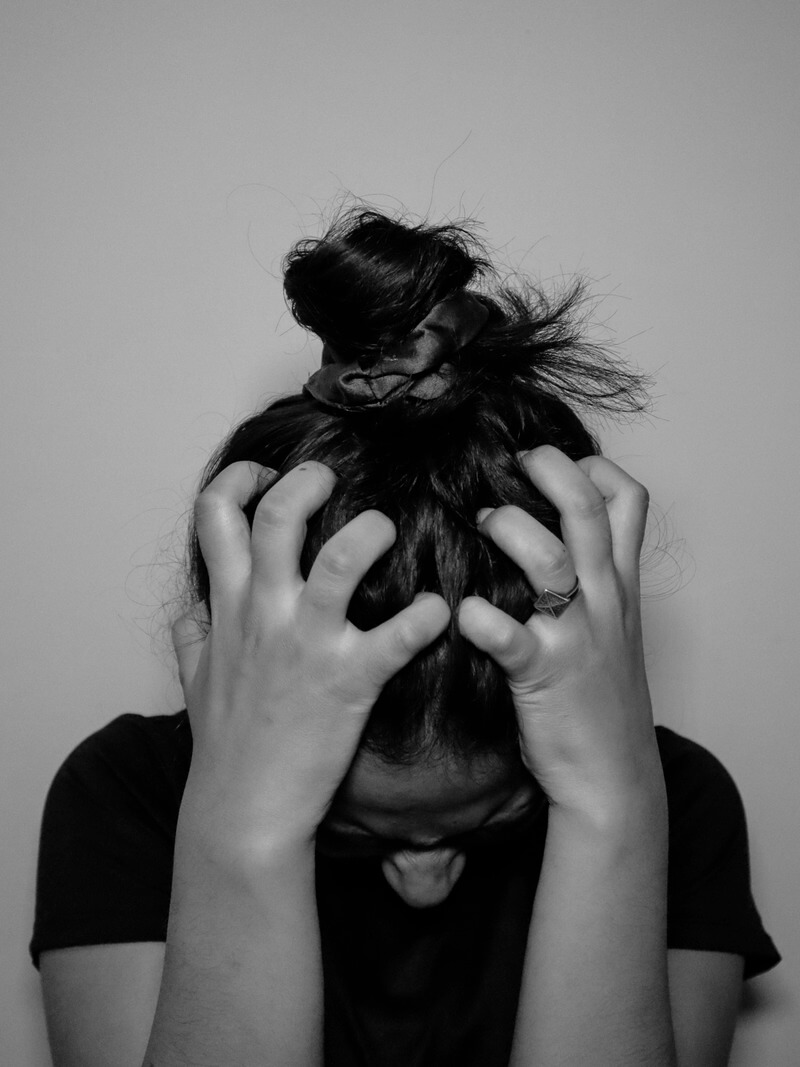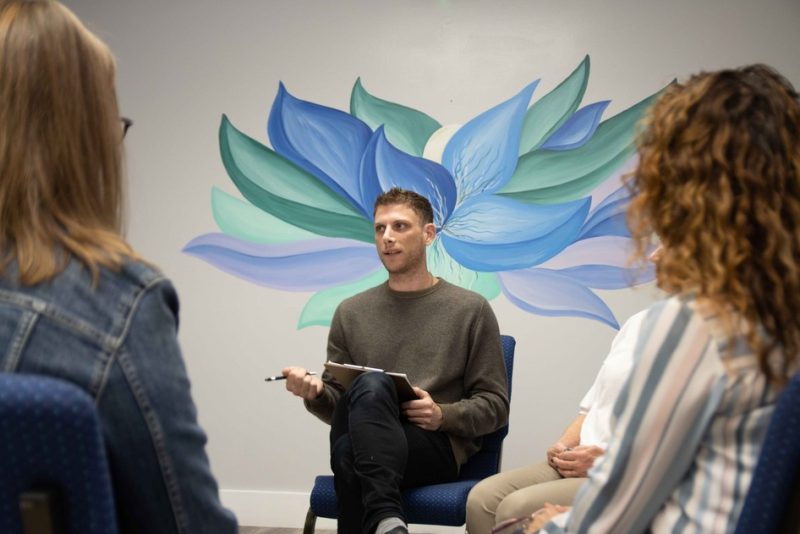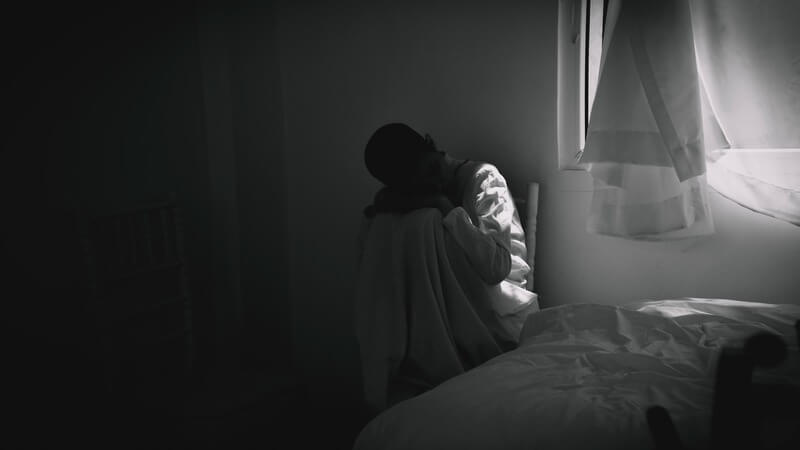The Sylvia Brafman Mental Health Center in South Florida is a source of support for adults seeking comprehensive therapies and mental health treatments. Our behavioral health center provides personalized care, ensuring everyone receives treatment that honors their distinct journey toward mental wellness. From evidence-based therapies to holistic approaches, our recovery center can address all types of mental health challenges.
Furthermore, we’re proud to offer Partial Hospitalization Program (PHP) accommodations for those requiring more intensive and structured care. This environment allows patients to receive comprehensive support while maintaining a level of independence. Our rehabilitation center and experienced team address the root causes of mental health struggles, including self-destructive behavior and cutting. By providing tailored interventions, we empower our patients to embark on a path toward recovery and lasting well-being.










